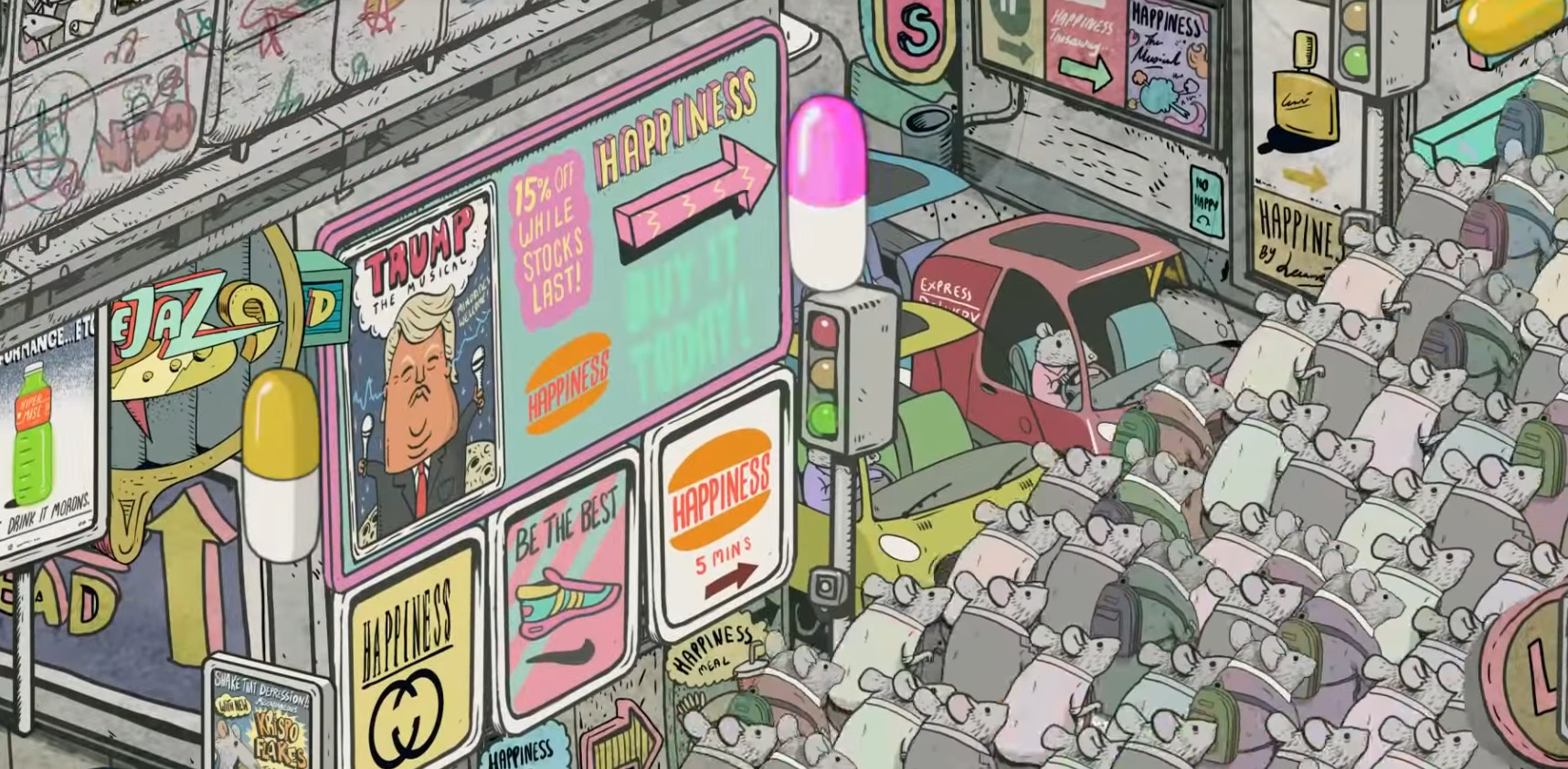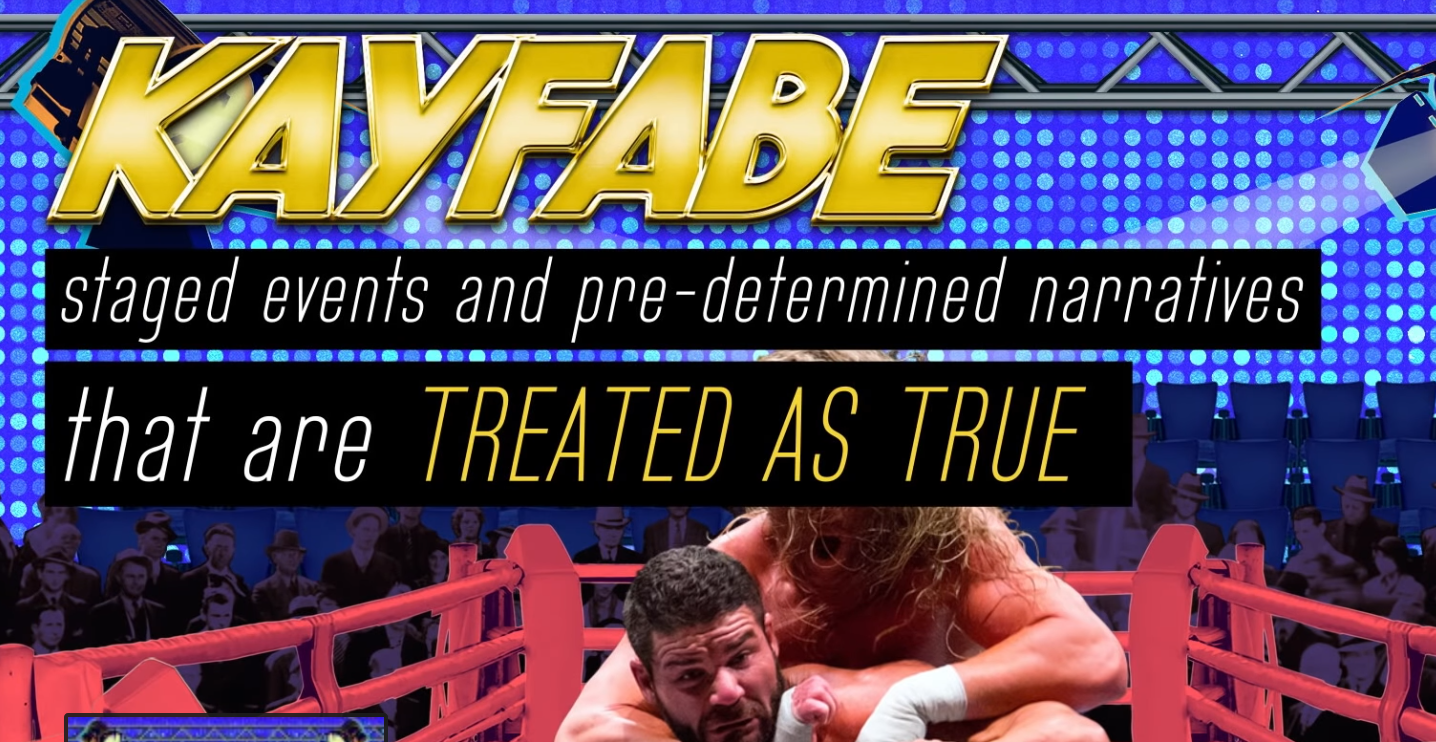
The Searchable You. Part 2: You may let go of your past. The internet won’t.
As we live in the age of search and each of us and our lives have become searchable, our history, good or bad, can easily be pulled from the obscurity of fading time, fading memories, and past cultural norms into the present.
Some of us have more of our history at risk than others.
As a GenXer, I am of a generation where a large portion of my peers are not yet heavily indexed or captured by Google, Facebook, Instagram, shopper cards, health apps, electronic data records, voice assistants, and reward programs. Or, at least, not as much as Millennials and Generation Z who embraced many of these lifestyle-capturing programs as children and teens.
Like many, I use them now but started in my 30s. So even though I am becoming more “searchable” beyond my professional life, there is a portion of my life (pre 30s) that I can still control how it’s presented because much of it can’t be found through a search query.
For example, I had a brief stint in modeling, producing pictures I’m not completely proud of. No, they’re not dirty, they’re they 1990s. Cosby sweaters. Hair fades. And I’m-happy-to-be-holding-this-VCR smiles.
So, what I’m saying is, yea pretty close to obscene.
Fortunately, this was in the world when magazines were mostly paper. The photos from those shoots were more likely to be thrown out or lost than shared. Same with my childhood pictures that sit in a family album in a closet rather than iPhoto or Facebook.
My paper past has become handy when I’ve mentioned something about my past and someone searches the web hoping there’s a picture. Modeling pictures especially.
Whew.
Of course, having your history captured in the paper world doesn’t help everyone. Just ask the Virginia politicians who had to answer for blackface photos from old yearbooks. It’s paper, not digital. Yet it’s still only one scan away from entering the digital world if interested people find it.
Digital or not, the problem is the same: people will scour your history for things to laugh at or say “ah-ha!” to. Or look for something to give them a reason to say “no” to and wag a shaming finger, even when you currently don’t display those faults or characteristics in the present.
What should the results of the searchable you mean?
Supreme Court Justice Earl Warren, brought up as liberalism gone amuck in judicial decisions by conservatives for issues like Roe vs. Wade was a fervent protector of segregation when he was a governor. George Wallace, known for trying to prevent schools integrating became a supporter of civil rights. Kevin Hart and Trevor Noah have posted jokes or made comments that were dug up to shame them.
Should those facts in our past be hidden? Of course not. But searching one’s past to find dirt just to say “ah-ha!” forgets that people and the cultures that produced bad behavior possibly change over time. If you at look past statements of currently pro-gay-rights politicians like Hillary Clinton and Barrack Obama, you’ll find not-so-pro statements in their past.
I’m not beating up on any of the above mentioned, rather I’m saying that just grabbing a moment of time from the Internet history of these people and holding it up like you found a murder weapon, tries to score woke points while possibly sacrificing context and evolution in people’s beliefs and standards. Unless you really found a murder weapon (or a crime). No statute of limitations there.
It’s just not about what they did. But did they change?”
Ok. So you found who they were or something horrible they said. Is that who they are, today?
People do learn and change. An unwavering “ah-ha!” culture that is found in people who dig up old tweets reacts to the error and ignores any context or change.
Lack of context as we search people’s past online is what makes such searches dangerous. Fifteen years ago, many wouldn’t have blinked if you called someone a “fag” and a lot of people (not rightly) did it. Forty years ago drinking while driving wasn’t such a big deal.
Both of those things wouldn’t stand today. And more people understand that as wrong. So if you search for people who say that terrible word to only to discover your friends, public figures, or celebrities, do you shame or punish them for it?
Or do you ask, “that was your thinking? Is that you now?”
The answer: You ask, “ Is that you now?” And you do it for a couple of reasons. The “ah-ha” or “gotcha” approach may be employed by someone looking for clickbait content to republish or go viral (especially if the subject is a celebrity) or it’s designed to turn eyes towards the finder to capture attention or value signaling their wokeness.
I’d argue that what it really feels like is as if you called out and yelled “OMG. You farted!” to a person for passing gas in a crowded restaurant.
The event is not great. It happened. And your statement, while clearly putting you on the record on being anti-flatulence or offended by it, really didn’t add to the situation except to embarrass the subject and put them on the defensive. And without context, it’s possible that the person has a flatulence problem. So good for you.
So could you handle the situation differently? Probably.
Why? Because what you found and how you address it could be used more constructive by sticking to your belief, but starting a conversation that clarifies their actions or opens dialogue for a teaching moment if the situation is still the same.
For instance, the now The Late Show with Steven Colbert host Steven Colbert was accused of being racist and promoting Asian stereotypes towards Asians by a woman, who was offended by one of his tweets from the Colbert Report.
She tweeted her displeasure. “When satire becomes as offensive and hurtful as the thing satirized it is no longer satire. It is simply more injustice. #cancelcolbert.”
My opinion. I think this was woke and outrage that sprinted way past understanding message context. So more like outrage sleepwalking than being woke.
First, the tweet was not from Colbert directly, it was from a producer who lifted the quote from a show segment. A segment that was actually making fun of the Washington Redskins organization for giving to a charity for Native Americans rather than address the issue with their own controversial name. The Redskins mocking quote that was tweeted:
“I am willing to show #Asian community I care by introducing the Ching-Chong Ding-Dong Foundation for Sensitivity to Orientals or Whatever.”
Facts aside, if you look at Colbert’s work in total, he’s probably not openly or intentionally racist, or very good at hiding it. Also, I think if he had felt he hurt someone he’d probably apologize. This is a man who after making fun of conservative commentator Robert Novak, apologized without prompt, after finding out that he was suffering from brain-related cancer. So I’m pretty sure there is capacity and responsibility within the man’s heart to listen and understand.
Would it have really hurt for this woman to start her tweet response with something like…
“ Steven. You said “Ching-Chong Ding-Dong Foundation.” I’m taking that to mean a slight against Asians. Did you really mean that?”
In this small effort, A conversation is born. One where the standards or feelings of today help teach or contextualize ideas of the past.
Being called out for your past? You do have to take responsibility to address it.
Free speech is freedom to say whatever you want, not be free of its consequences. In that context, those of us searching and finding your past must take the responsibility to try to really listen and understand. And be ready to have a conversation and teach, not just condemn.
Skills we will need sooner than later. As we become deeper, rich-data human search engines, finding our mistakes in life will get easier and easier. As a society, it’s critical to have a process in which to talk through them so we can all find a way to move forward.
Next post. What to do in the era of search.































